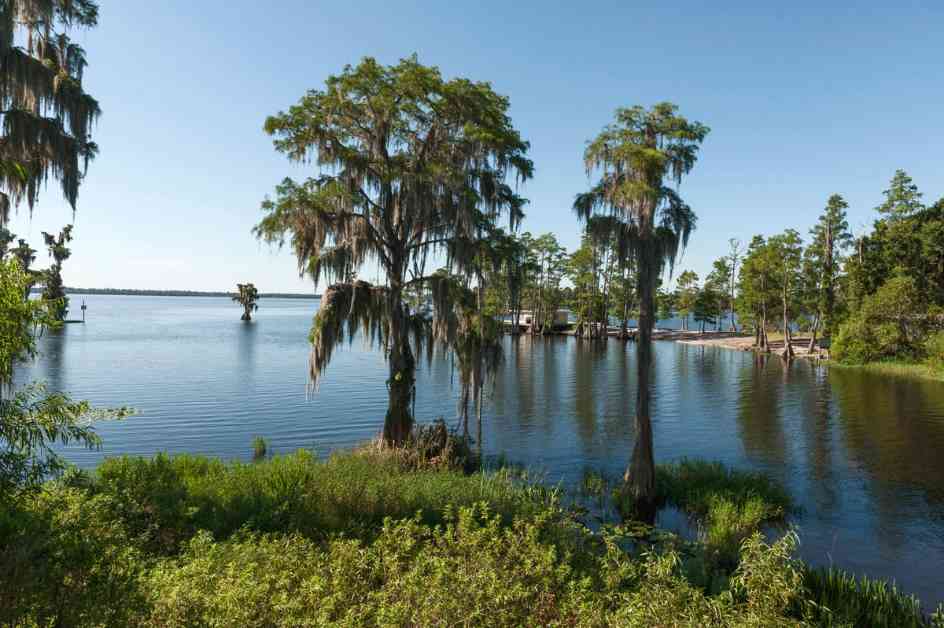In Florida, four counties that voted for Trump also supported conservation and climate initiatives. In Clay County, a ballot measure to increase taxes by $45 million passed to fund projects improving water quality, protecting wildlife, and reducing flood damage. This shows that environmental issues are not just partisan concerns. The Trust for Public Land, a non-profit advocating for these measures, emphasizes that these wins are seen in both red and blue states.
Even in areas where Trump won, like Lake County near Orlando, voters approved a measure to preserve natural areas and protect wildlife habitat by issuing $50 million in bonds. Similarly, Osceola County authorized $70 million in bonds to renew a land conservation program. These initiatives focus on addressing the impacts of climate change without explicitly mentioning it. By investing in land protection, communities can reduce greenhouse gas emissions, prepare for climate impacts, and create healthier habitats for wildlife.
In addition to Florida, other states like California and Colorado also saw successful conservation and climate-related ballot measures. California voters approved Proposition 4, authorizing $10 billion in bonds to finance projects aimed at preventing wildfires, providing safe drinking water, and protecting the state from climate change threats. As climate impacts worsen, experts predict that more ballot measures addressing climate change will become common and popular among voters.
These initiatives reflect a growing recognition among residents and officials that climate change poses significant risks to people, property, budgets, and tax bases. By investing in conservation and climate projects, communities can mitigate these risks and create a more sustainable future. As climate impacts intensify, local action becomes increasingly important, regardless of political affiliations.




